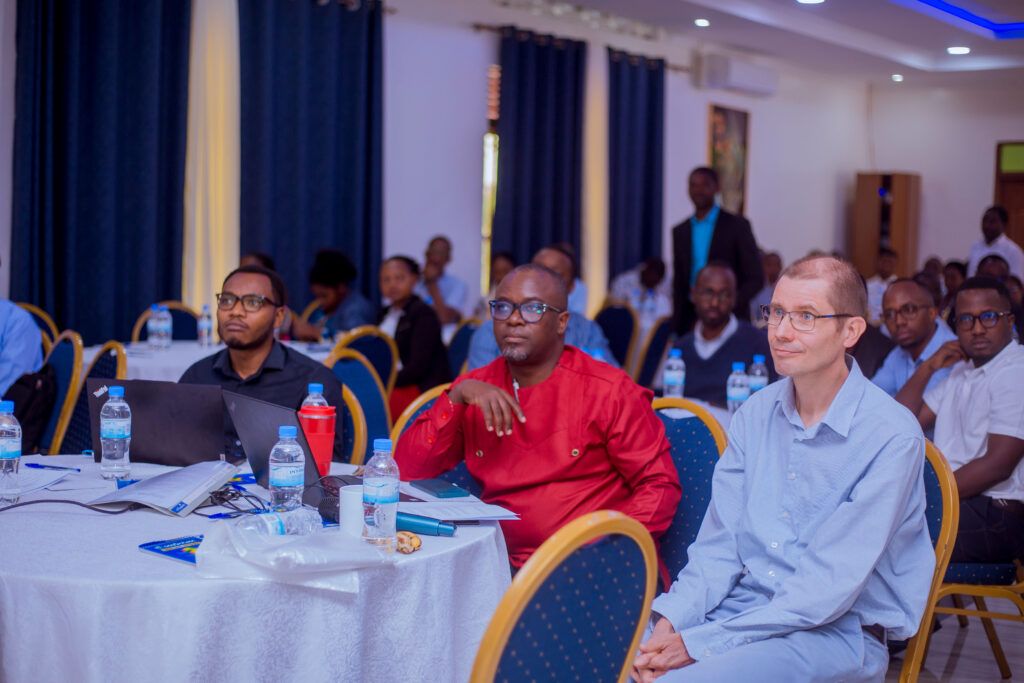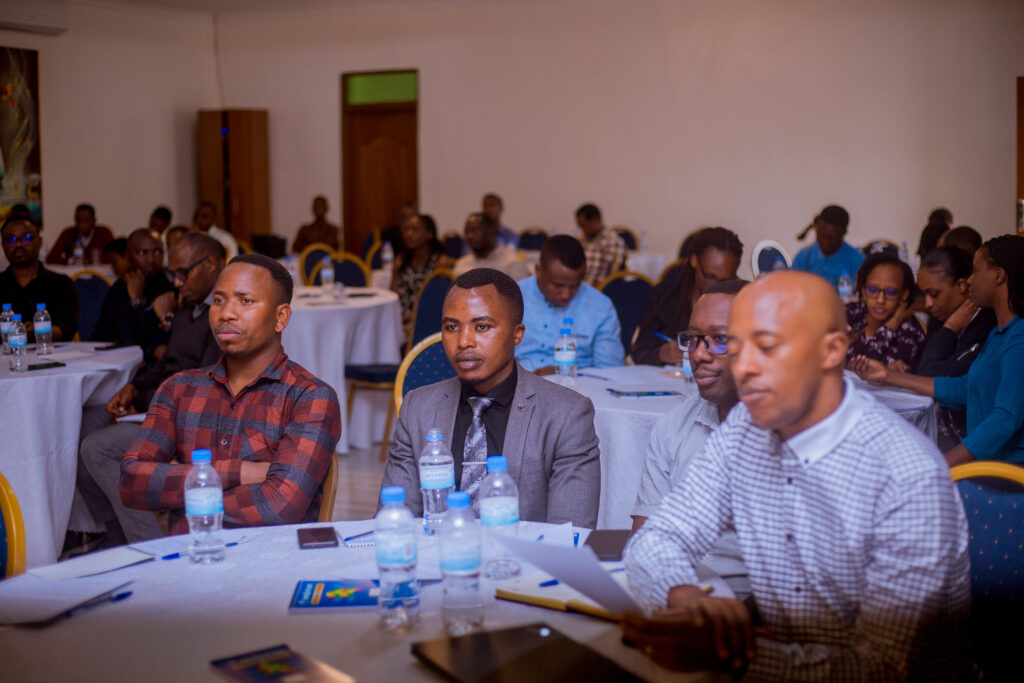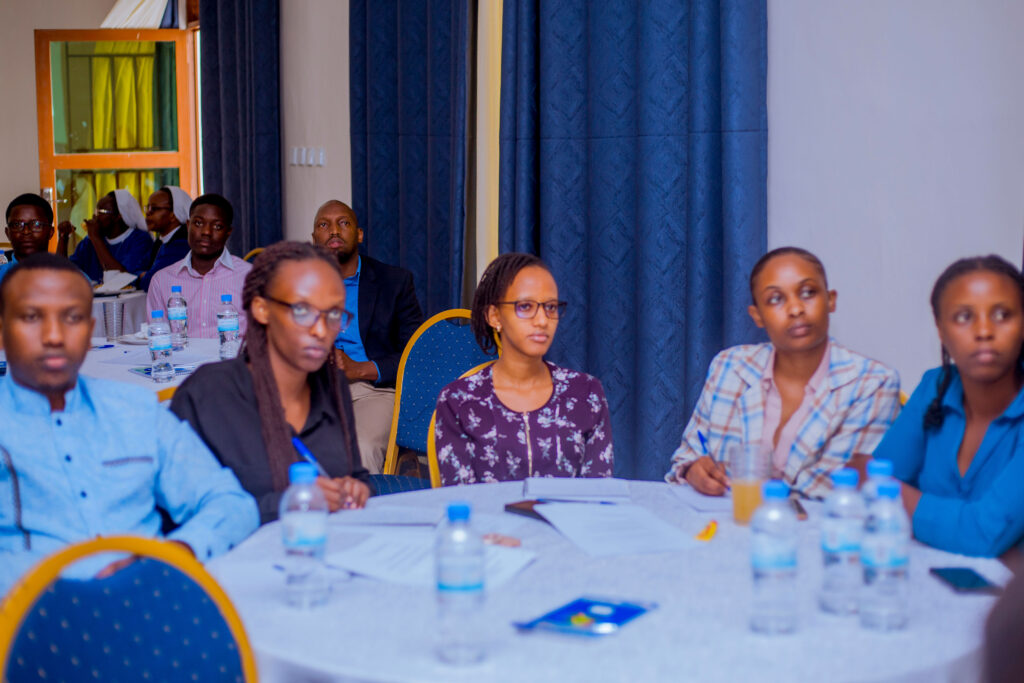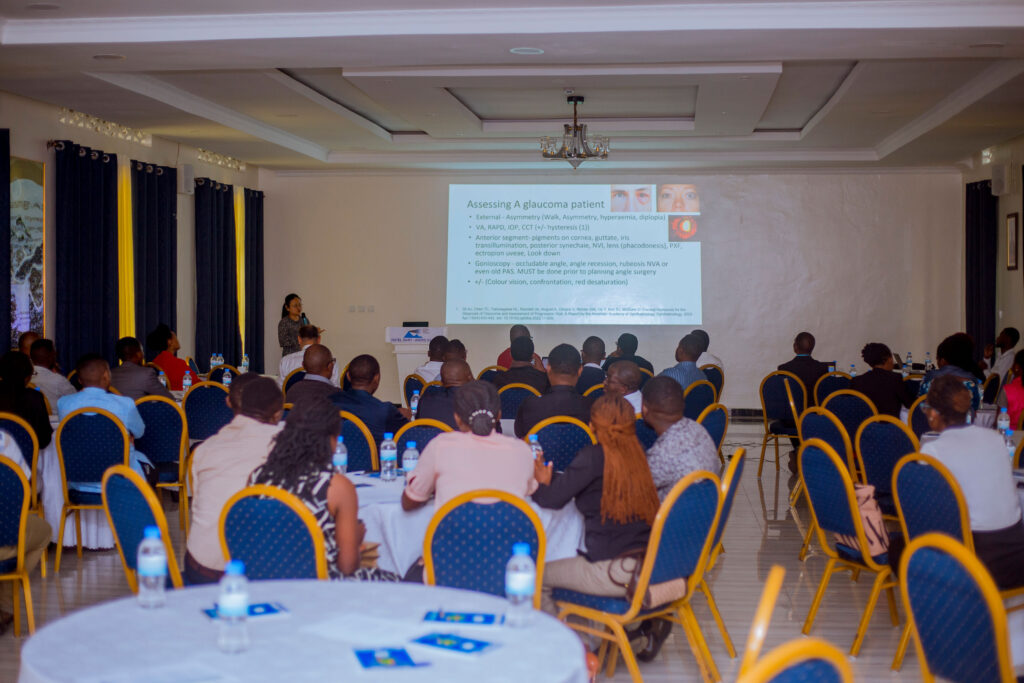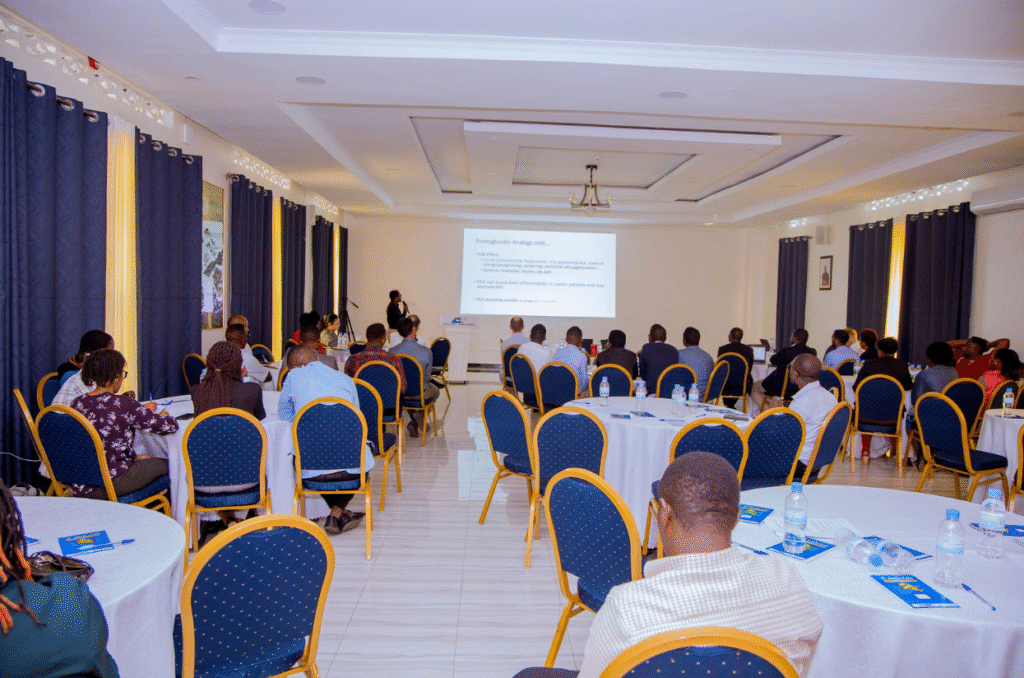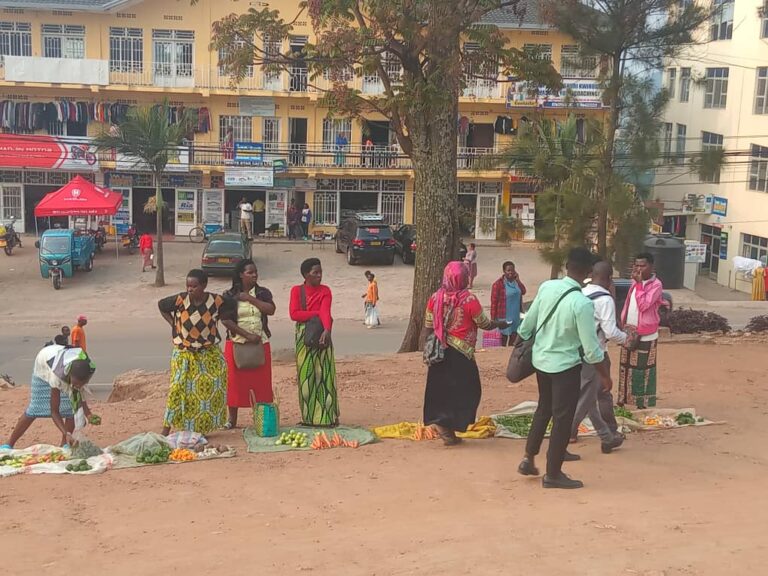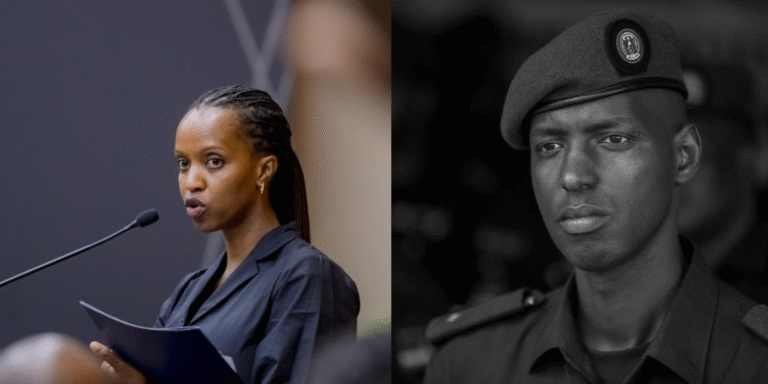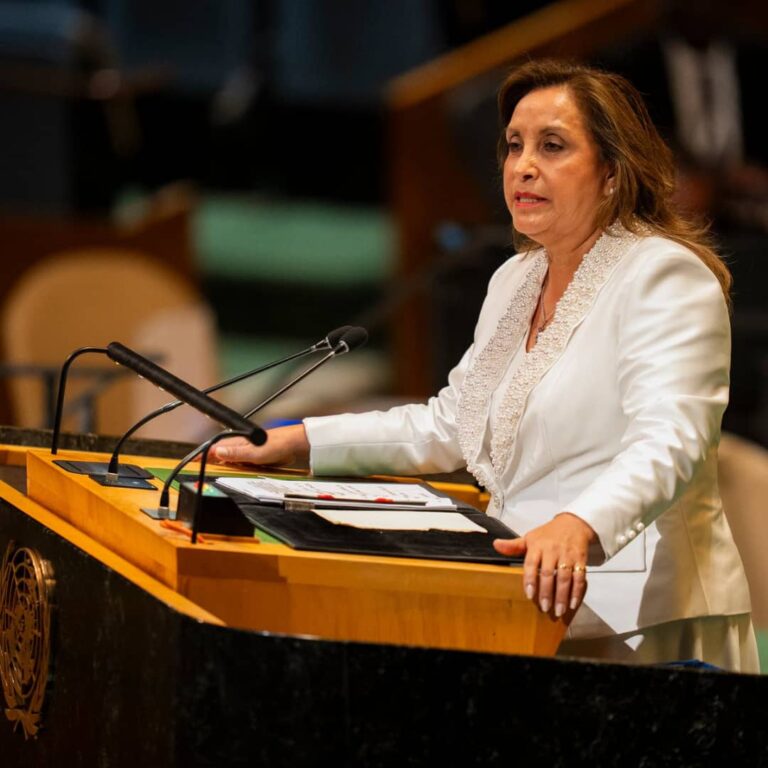Dozens of Rwandan eye care professionals gathered at Kabgayi on Tuesday for a one-day intensive training focused on enhancing their practical knowledge and skills to manage glaucoma effectively, a leading cause of blindness worldwide.
The training, titled “Glaucoma in a Day,” was organized by Kabgayi Eye Unit in partnership with pharmaceutical company Novartis. It was facilitated by both local and international experts, including Dr. Jia Ng from Sunderland Eye Infirmary in the United Kingdom.
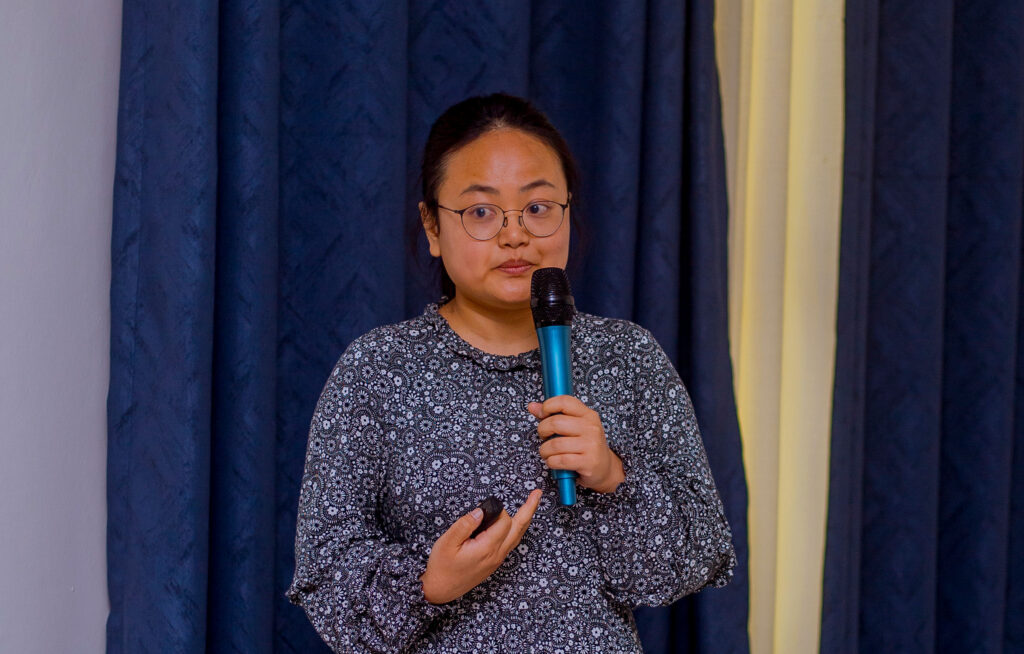
Dr. Jia Ng, Glaucoma specialist from Sunderland Eye Infirmary in UK
Dr. Theophile Tuyisabe, Director of Kabgayi Eye Unit, said the training was designed to equip eye specialists with the latest knowledge and tools to detect and manage glaucoma at early stages, thereby reducing cases of preventable blindness.
“Too often, patients come to us with advanced glaucoma, unaware of their condition until they’ve already lost significant vision,” Dr. Tuyisabe said. “This training aims to change that by strengthening early detection and treatment capacity among practitioners.”
Glaucoma, often dubbed “the silent thief of sight,” is a chronic eye disease caused by increased pressure in the eye that gradually damages the optic nerve. It is particularly dangerous because it presents no pain or early symptoms and is usually diagnosed too late for effective intervention.
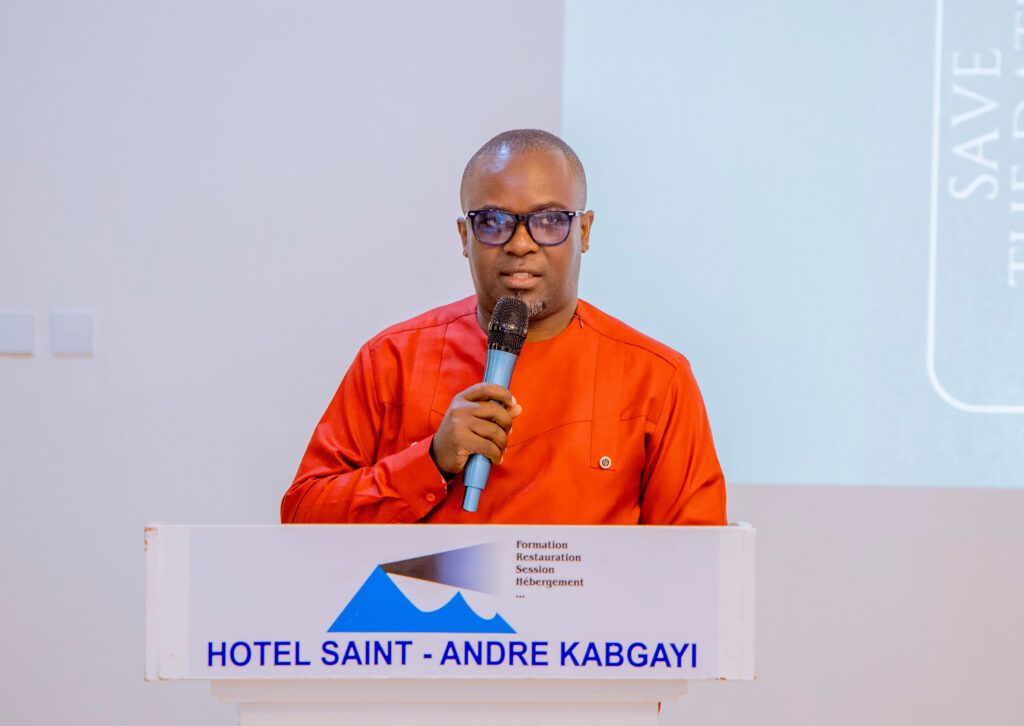
Dr. Theophile Tuyisabe, Director of Kabgayi Eye Unit
“Glaucoma doesn’t announce itself with pain or clear signs. That’s what makes it so dangerous,” Dr. Tuyisabe warned. “It is one of the top causes of irreversible blindness globally.”
The training focused on modern diagnostic techniques and treatment protocols, including the long-term management of the disease. Dr. Tuyisabe emphasized the importance of collaboration among healthcare providers and encouraged regular screenings,
Among the participants was Dr. Jean Damascene Maniriho, an ophthalmologist at the University Teaching Hospital of Kigali (CHUK), who confirmed that glaucoma is among the most common conditions treated at his facility.
“We see a significant number of patients with glaucoma—many of whom are completely unaware they have it,” Dr. Maniriho said. “This underscores the need for increased awareness and routine eye exams.”
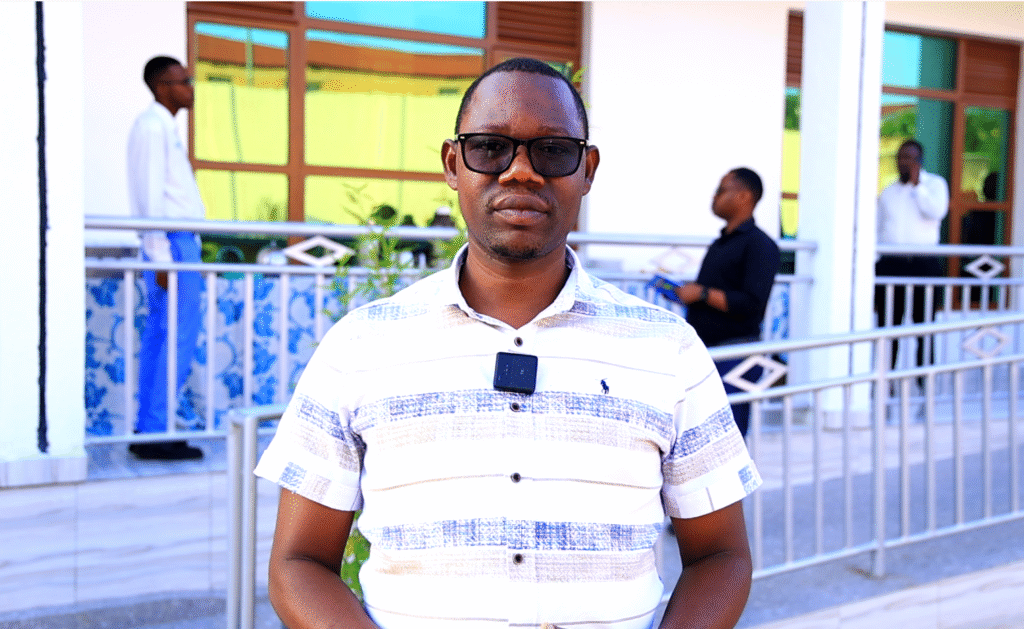
Dr. Jean Damascene Maniriho, an ophthalmologist at CHUK
He echoed calls for early screening, especially for individuals over the age of 40, noting that although glaucoma has no cure, it can be managed successfully if caught in time.
Medical students specializing in ophthalmology also took part in the training. Dr. Thacien Nduwayo, a student at the University of Rwanda (UR), said the training broadened his clinical knowledge and gave him valuable insights into both treatment and public health education.
“I plan to use what I’ve learned not only in treating patients, but also in research and raising community awareness,” Dr. Nduwayo said.
Innocente Kabasinga, another trainee from the University of Rwanda currently interning at CHUK, described the training as crucial to her growth in the field.
“Today I gained practical knowledge on different treatment methods, especially approaches I hadn’t encountered during my internship,” she said.
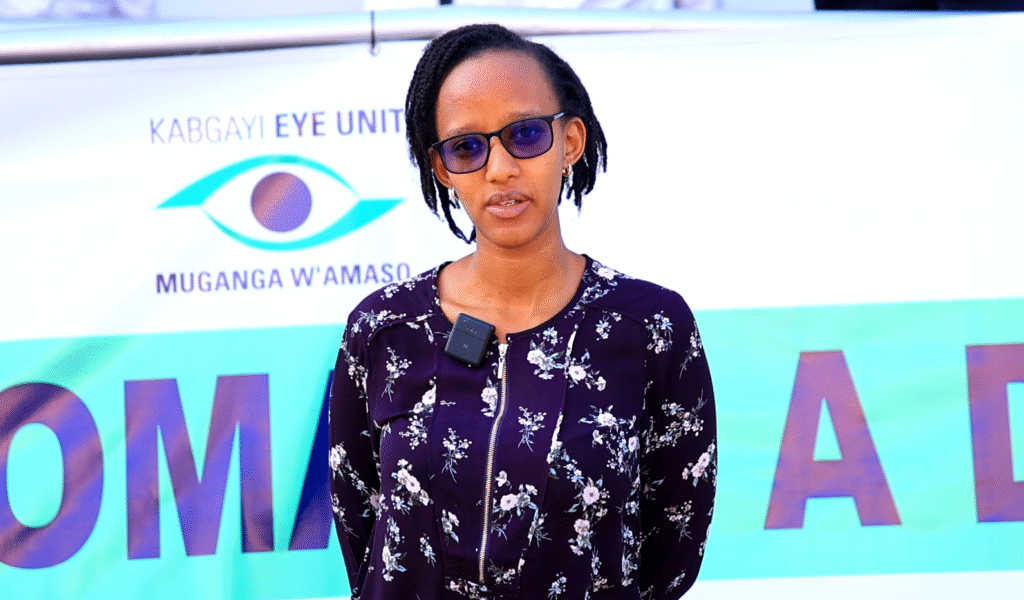
Innocente Kabasinga, a medical student at UR
Kabgayi Eye Hospital is no stranger to medical training. It regularly organizes professional development sessions and expert gatherings to promote excellence in ophthalmology and improve access to quality eye care in Rwanda.
The hospital has also announced another upcoming training session on July 12, which will focus on equipping ophthalmic surgeons with advanced skills in eye surgery.
